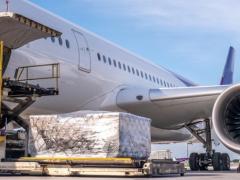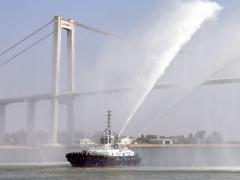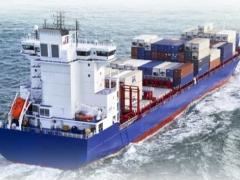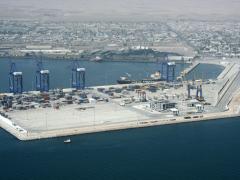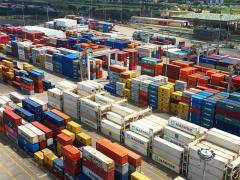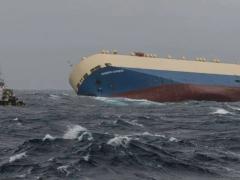Shipping of perishables had a rough time in 2013 and 2014, largely because of overcapacity in container shipping, leading to blanked sailings, unreliable schedules and disgruntled shippers.
Whilst bigger vessels in theory should lead to lower costs without hampering service levels, it appears that every new mega container ship launched into the market sees freight rates taking another beating, dragging schedule reliability down to new lows.
“Reefer container shipping service quality on the traditional South-North routes has held a steadier course during the same period. However, the cascading effect of bigger container vessels now being increasingly forced onto secondary shipping routes, coupled with more slow steaming, is leading to a greater insecurity and risk," said Alex von Stempel, managing director of Cool Logistics Resources.
"Without the existence of dedicated conventional reefer shipping, which still commands substantial volumes within the fresh produce sector - such as bananas from Latin America and kiwis from New Zealand- schedule reliability on the South-North routes would be even more unreliable.”
What is encouraging, he said, was the investment by several container lines in new boxes while older and weather-beaten stock was being decommissioned.
“Nevertheless, as demand patterns for reefers are becoming increasingly diversified, thanks partly to trade between emerging economies, there is a heightened risk of imbalances and ensuing box shortages,” he said.
“Also, without investing in new reefer boxes, providing 'zero transhipment' guarantees and higher standards for time-sensitive perishable cargoes, how can shipping companies be serious about courting new products such as pharmaceuticals, which are still largely moving by a combination of air and truck?”
These issues will be debated at the annual Cool Logistics Global conference, which takes place in September in Bruges.
Comments | 0

